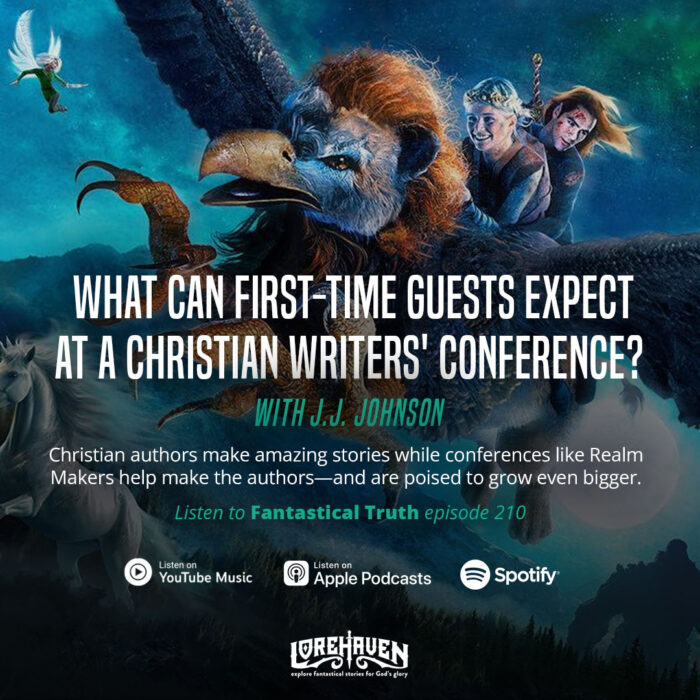Strength In Weakness: A Tale Of Hobbits and Heroes
 Hobbits make for terrible hero material.
Hobbits make for terrible hero material.
At least to the critical, externally-focused eye. They’re small in stature, physically inferior, known for gardening, consuming mass quantities of ale, and living a simplistic lifestyle.
Not warriors hardened by battle and filled with experience like Aragorn and Boromir.
Not exceedingly wise like the elves or possessing powers like Gandalf and Saruman.
By any reasonable standards, they’re the last choice on the list of who you would send on a quest to save the world. A quest that includes months of travel, attacks from the enemy’s powerful minions, and a hundred other potential disasters.
Hobbits aren’t alone in this. Fantasy novels are fond of their wide-eyed, innocent heroes. “Who seems the least qualified for this quest? We’ll take him.”
The level-headed ones of the bunch (looking at you, Boromir) naturally question this decision. Isn’t it madness to send a weak hobbit into the burning lands of Mordor when even the Gondorian army, most powerful force of the free lands, cannot enter? On the surface level, his skepticism seems justifiable.
To make a sports analogy, would a football team with a chance to win the game on the final play hand the ball to the scrawny backup running back? “That’s crazy,” we’d say. “It doesn’t make sense.”
Given that obvious conclusion, why are stories, particularly fantasy, so keen on planting a weak, seemingly ineffective hero in the spotlight. Why make demands which are certain to bring the poor character to miserable failure?
I think there are several factors at play.
1. Vicarious Experience
Stories are told by people. Authors are human (shocking, I know). 😉 They understand the experience of being human. The joys, hopes, dreams, failures, pains, and sorrows. Feelings and emotions they can instill in their characters and bring them to life in a real, relatable way.
Most of us are normal folk. We’re the hobbits in the story of life, not the Aragorns and Gandalfs. We connect to the hobbits and unassuming fantasy heroes because when we look in the mirror, we see their reflections. Through the magic of storytelling, we slip into their skin, so to speak, and internalize their experiences.
Living vicariously through their stories, we become Frodo struggling up Mount Doom, helped along by faithful Sam. We battle the White Witch as Peter did. We sympathize with Harry when the Dursleys treat him like unwanted dirt.
The reason weak heroes are so popular is because we transpose our desires and dreams into the stories we tell. Filled with grandiose dreams of saving the day, our city, or the person we love, we take part in the heroics of characters whose stories, for a time, make those dreams a reality.
2. Underdog Stories
 Who doesn’t love an underdog story? Something about them grips our attention. We can’t ignore a good underdog story, whether in real life or in fiction. Not only do they give us someone to root for, they inspire, challenge, and encourage us.
Who doesn’t love an underdog story? Something about them grips our attention. We can’t ignore a good underdog story, whether in real life or in fiction. Not only do they give us someone to root for, they inspire, challenge, and encourage us.
In fiction, when see the fantasy hero overcome a huge obstacle thrown at him by the villain, we begin to think perhaps a trial we’re facing in life isn’t impossible to defeat.
When the acts of two lone hobbits bring a powerful empire crashing down in utter destruction, we consider the evil empires looming in our lives and glimpse the hope that all is not lost.
When a weak character willingly faces danger, putting his life on the line for a greater cause, it makes us pause. The character’s actions offer a challenge to us. Will we sit idly by, content in our comfort, or be willing to embark upon a quest into the dangerous unknown?
If Frodo can go on a fool’s errand into what appears to be the jaws of death, who are we to complain when difficulty crosses our path?
3. Echoes of Truth
This one isn’t as obvious on the surface, yet amazingly potent. The best stories reflect, in their own imperfect way, the great myth that came true, as Tolkien pointed out to Lewis. That myth, of course, is the story of Christ, who by the world’s standards was anything but a hero.
A carpenter from a people-group who were as far from being dominant world powers as the Doctor is of loving his ancient enemies the Daleks.
In the archetype of the weak hero, we hear faint echoes of the truth woven into history. God doesn’t work in expected ways, and often accomplishes the great things through the most humble, unassuming people.
Michael Card’s song, God’s Own Fool, describes this beautifully, especially the line in the chorus that reads “when we in our weakness believed we were strong, He became helpless to show we were wrong.”
By way of rough analogy, our human mode of thinking is akin to Boromir’s view of the world. Military might, physical strength, numbers—those are what win the day and offer the greatest hope. Meanwhile, God’s way of doing things is similar to how Gandalf operates. It runs contrary to rationale, but only on the surface.
Boromir judged by the external—wisdom, strength, political power, wealth. Gandalf, however, saw deeper into the truth of the matter. True strength lies not in how many orcs you can slay in five minutes. The mark of true strength is what lies within.
Courage. Determination. Selflessness. Trust. Loyalty.
At the end of the day, the tale of hobbits and heroes is one of strength in weakness. Sure, plenty of heroes happen to possess amazing powers, but that’s not what makes them heroic. And ultimately, they point to the story of Christ, the true hero who showed strength in weakness.



































And YA is full of petite, teeny heroines. Underdog stories are popular but sometimes author’s default to the easiest way to portray such things.
Great article, Zach. I agree that the least likely hero is much easier for normal people to relate to. We don’t see ourselves, generally, as people capable of doing great things. And that’s actually good. It fits what the Bible says about us being weak as a precursor to being strong. And weak people are the ones most likely to turn to a Savior to empower them when faced with a task that can’t be avoided. So it fits our reality, especially spiritual reality.
Becky
Great post, Zach. The underdog theme may be overdone, but it works. Most of us ARE underdogs – at least in our own minds – right? And we like having the hope that we can overcome stuff, too. I know I do.